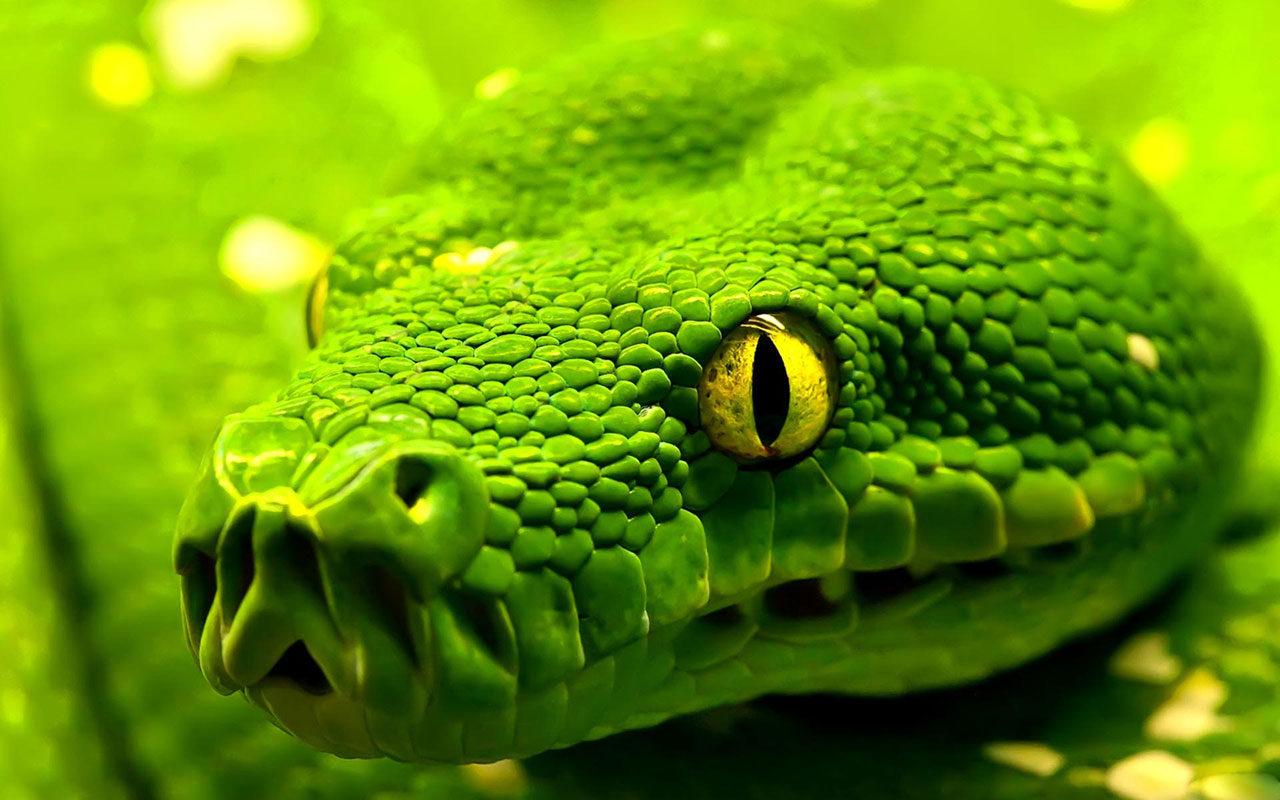 good and evil,
good and evil,  knowledge,
knowledge,  love
love  Tuesday, April 21, 2015 at 08:53AM
Tuesday, April 21, 2015 at 08:53AM  It turns out the serpent was right, which makes him the worst kind of liar. You remember the scene played out in the garden that provided seed for all creation: the serpent said, “You will not die; God knows that when you eat from it your eyes will be opened, and you will be like God, knowing good and evil.” It was all true.
It turns out the serpent was right, which makes him the worst kind of liar. You remember the scene played out in the garden that provided seed for all creation: the serpent said, “You will not die; God knows that when you eat from it your eyes will be opened, and you will be like God, knowing good and evil.” It was all true.
But it was all beside the point.
This is the most dangerous kind of lie: misdirection. By the time the angel took up a flaming sword to guard Eden’s entrance, we began to see that the issue was fruit: God was concerned with the fruit of the knowledge of good and evil.
Generations later we’ve discovered that it’s precisely because we will not die that the fruit was so dangerous. It’s precisely because we would become like God that the fruit carried such power. God’s imagination reached beyond ours: imagine people who know the difference between good and evil, a people who judge everything they see, a people without the necessary love to temper such knowledge. We became beings filled with judgment and enmity forever and ever.
The fruit of knowing good from evil is that we really do become like God—and we think we are entitled to judge the world.
Generations later a repentant know-it-all named Paul or Tarsus tried to warn us: “knowledge puff up, but love builds up.” It turns out having a big intellect is no defense against having a small mind, or worse: a heart without the love of God.
The result—the fruit—of knowing good from evil is that we feel empowered and authorized to judge others. And who can withstand our judgment? We are correct! Only later, when the wheat is separated from the tares, do we realize that being right was never the goal. We were called to love. And indeed we have loved: we have loved knowledge, and the feeling of power it brings, more than we have loved God or our neighbors.
And love, as it so often happens, is the issue. Only love can temper knowledge. Only love volunteers to take judgment upon Itself. Only love has the maturity to handle the awful burden of certainty. The Creator wanted first to nurture in us the quality of his character (“God is love”) before allowing us to know good and evil. Only love can hold knowledge. Only love protects us from becoming the very monsters we feel privileged to destroy. The difference between knowledge and love is the difference between inflation and substance, between a hollow core and a hallowed heart.
It turns out God is many things and we can “be like him” in many ways. But the wise and loving Father knew that love is the first and ultimate calling if we desire to be like him. Perhaps grace second, maybe service third, and somewhere way down the line, knowledge.
Why not receive Students of Jesus in your inbox? Subscribe to our email newsletter and never miss a post.
Reader Comments (3)
Hi, Ray.
Some interesting points, particularly about judgement.
I'm not sure I understand though how the serpent was right about us not dying. Was it not a consequence of eating the fruit that we <I>did</I> begin to die (spiritually and physically)? Or do you mean we didn't die immediately? Or perhaps that the human race didn't stop with Adam and Eve?
I have an interesting little book by Watchman Nee called <I>Two Principles of Living</I> (you can read it online here, by the looks of it), in which he says the two trees represent two ways of living: living according to the principle of life, or the principle of right and wrong. He says that many Christians live according to the second principle, constantly making moral decisions about things (is this right or is it wrong?), as opposed to weighing things up in terms of life/the leading of the Spirit (will this bring me and others life, or will it diminish it?). It really resonated with me. I'm interested to know what you think.
Hi Chris:
I'm probably guilty of a shortcut on this piece: on my way to the larger point about knowledge giving birth to the "right" to judge, I ignored the depth of Yahweh's warning ("in the day you eat of it you will surely die") and the nature of the serpents truth/lie regarding death.
And Watchman Nee -- who am I to disagree with him?!? That wonderful brother had deep insight into God's word and God's ways. I've read several of his books and I'll be sure to read this one as well. He has a point (and I've encountered the same distinction from others) about the Life-principle and the knowledge of good/evil. That great saint does not need my endorsement, but I heartily give it.
For me the challenge comes in the question, "Why did God create the tree whose fruit is the knowledge of good and evil?" All of creation is good (Gen 1:31), so the tree--and it's fruit--must be inherently good. There's an interesting verse in Hebrews (5:14) that ties the knowledge of good and evil to maturity. That's what I was riffing on.
Peace to you, friend!
Oh, right. I hadn't read it in a while and had forgotten that it included "in the day you eat".
Some interesting points in the last paragraph of your comment, too. I'm still pondering them.
Thanks, Ray.